KS3 planning (general)
There are many different issues, both practical and pedagogical, subject specific, school-wide and national that must be considered in any teachers’ planning. In this section you will find research, articles, guides and resources that will support you to develop your planning as it relates to teaching history and helping pupils to make progress.
Sort by:
Date (Newest first) | Title A-Z
Show:
All |
Articles |
Podcasts |
Multipage Articles
-

Anything but brief: Year 8 students encounter the longue durée
ArticleClick to view -
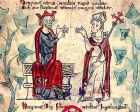
Polychronicon 170: The Becket Dispute
ArticleClick to view -
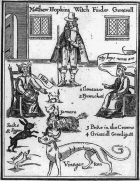
Myths and Monty Python: using the witch-hunts to introduce students to significance
ArticleClick to view -

Triumphs Show 167: Keeping the 1960s complicated
ArticleClick to view -

Cunning Plan 167: teaching the industrial revolution
ArticleClick to view -
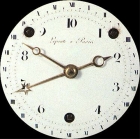
Why are you wearing a watch? Complicating narratives of economic and social progress
ArticleClick to view -

Putting Catlin in his place?
ArticleClick to view -

Cunning Plan 166: developing an enquiry on the First Crusade
ArticleClick to view -

Effective essay introductions
ArticleClick to view -

Making rigour a departmental reality
ArticleClick to view -

Taking control of assessment
ArticleClick to view -

Fundamental British Values and history teaching
ArticleClick to view -

Year 8 and interpretations of the First World War
ArticleClick to view -
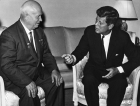
Cunning Plan 162: Transferring knowledge from Key Stage 3 to 4
ArticleClick to view -

From the history of maths to the history of greatness
ArticleClick to view -

Cunning Plan 161: Magna Carta's legacy
ArticleClick to view -

Interpreting Agincourt: KS3 Scheme of Work
ArticleClick to view -

Animated Guide: Become a Museum Curator
Multipage ArticleClick to view -

Remembering Agincourt: Bilingual Enquiry
Multipage ArticleClick to view -
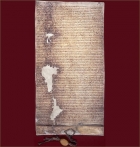
Cunning Plan 159: Putting the people into Magna Carta
ArticleClick to view

